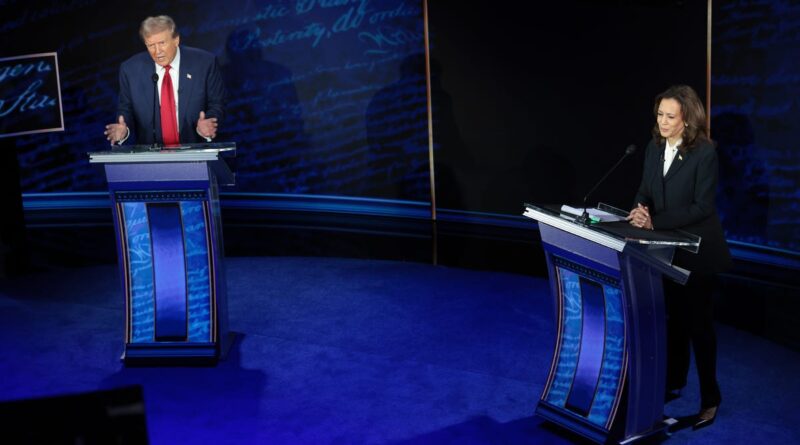This option is bad for business. Here is the reason
Group conflict isn’t just annoying — it’s bad for business.
That’s what my colleagues and I found in a recent study on how environmental policy uncertainty affects business investment.
First, we checked more than 300 million newspaper articlessearch for keywords related to environmental policy uncertainty. We found that this uncertainty increases around election times and has nearly doubled over the past decade.
Then we looked business investment rates – a common way of measuring a company’s financial health – in companies in affected sectors, such as those in the agricultural, mining, energy and automotive industries. We found that environmental policy uncertainty lowered the rates of business investment of those companies by 0.010%.
That might sound like a lot, but like economists like me you know, small amounts add up over time.
For example, a rise in environmental policy uncertainty during the 2008 presidential election was associated with a simultaneous drop in the investment rate of 25% for companies affected by environmental policy, we found. This effect was greater than uncertainty related to security, health and financial policy.
But my team also found a silver lining. Policy uncertainty had the least impact on business investment when control of Congress was divided and policy changes required bipartisan support, we found.
When the same political party controls both chambers of Congress, environmental policy uncertainty was associated with a 0.013% decrease in interest rates. But when Congress broke up, this reduction was reduced to 0.002%.
Why is it important
Because policy uncertainty tends to be more prevalent in elections, our results suggest that the current political environment creates tension for business investment.
Our study also suggests that policies designed to encourage business investment may be less effective than previously thought, due to the uncertainty they create.
Take, for example, the Price Reduction Actpassed in 2021, and a bipartisan bill in 2022. Both are designed to encourage investment in clean energy technologies.
But the uncertainty of whether these packages will pass first — and, if so, what these policies will include — may deter investment before they take effect. Uncertainty about which aspects of the legislation will continue after the election could also dampen business investment.
A certain degree of uncertainty may be introduced into the democratic process. In fact, the faster and more secretive the government is, the less accountable it is to the public. If you think about it that way, some uncertainty is an inevitable cost of healthy policymaking.
Our study puts a price on these costs and reminds policymakers that political conflict drags on the economy. Our results suggest one promising way forward: bipartisanship.
What follows
Since there are many types of environmental policies, our team is conducting research to see if businesses respond differently to the uncertainty of “carrot” policies – such as subsidies or tax breaks – versus and “stick” policies, such as fines or other penalties.
Answering this question will help policy makers reduce the effects of uncertainty.
It is also an open question whether journal articles convey information to business leaders or reflect information they already have. If it is the latter, media coverage may not be a great measure of the uncertainty businesses face.
To solve this problem, we are working to develop methods to measure tracking uncertainty earnings call transcripts rather than newspaper articles. These can be a straightforward way to measure uncertainty that affects business decisions.
The Research Summary is to take a short time on an interesting academic task. Charles Sims is Professor of Economics at University of Tennessee. This article was reprinted from Conversation under a Creative Commons license. Read the book original article.
#option #bad #business #reason
